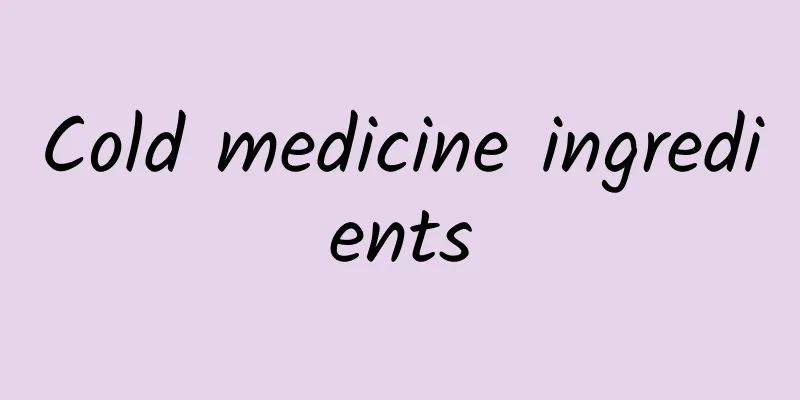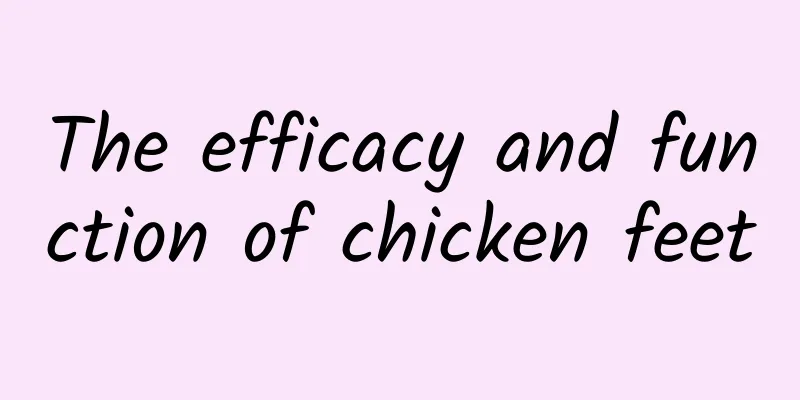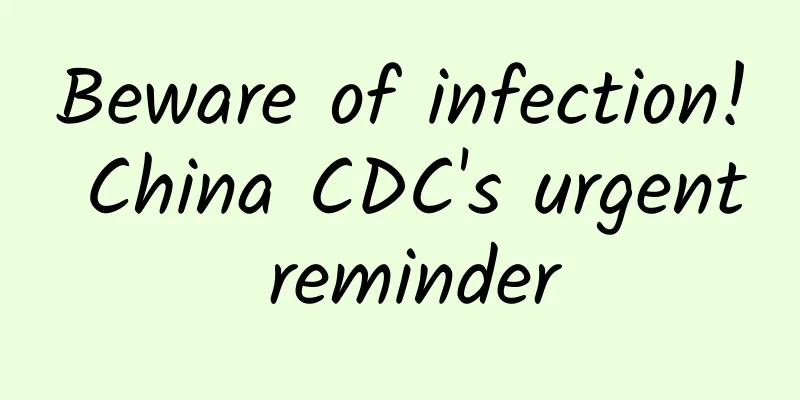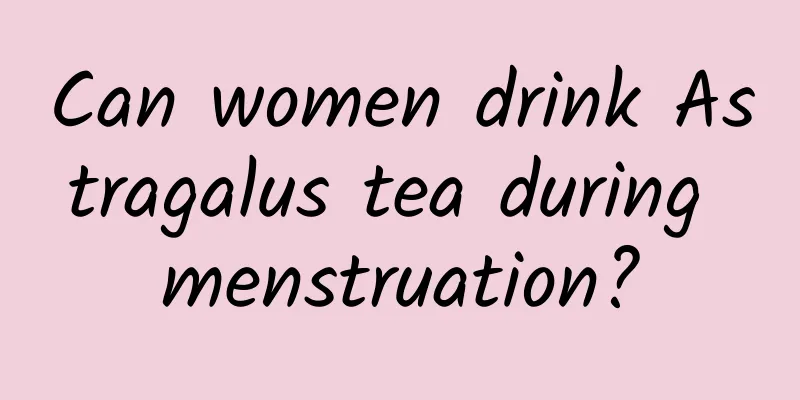Cold medicine ingredients

|
Cold medicine is one of the common medicines in the home, but there are many types of cold medicine, including Chinese patent medicine, Western medicine, Chinese and Western medicine, or Chinese medicine decoction, etc. Cold medicine also has many effects, such as antipyretic and analgesic, central nervous system stimulant, anti-disease medicine, etc. Each different medicine will treat different symptoms of colds, so when taking cold medicine, you must first understand your symptoms and then use the right medicine for safety. In addition, there are many types of colds, including wind-cold colds, wind-heat colds, summer-heat colds, gastrointestinal colds, viral colds, influenza, etc. Different cold symptoms require cold medicines with different ingredients. Let us now learn about the ingredients of cold medicines. I hope it will be helpful to you. I also hope that everyone can pay attention to every cold and use the right medicine for the right symptoms. Element According to their ingredients, cold medicines include cold medicines with Western medicine formulas, cold medicines with Chinese medicine formulas, and cold medicines with a combination of Chinese and Western medicines. Its specific ingredients can be divided into the following categories: 1. Antipyretic and analgesic drugs: They work by inhibiting the synthesis of prostaglandins, such as paracetamol, aspirin, and aminopyrine; 2. Nasal mucosal vasoconstrictors: reduce nasal mucosal congestion and relieve symptoms such as nasal congestion, such as pseudoephedrine; 3. Antihistamines: competitively block H1 receptors, relieve allergic symptoms, control catarrhal inflammation of upper respiratory tract infection, and relieve symptoms such as nasal congestion, runny nose, sneezing, etc. caused by colds, such as chlorpheniramine and diphenhydramine; 4. Antiviral drugs: mainly adamantane for Asian influenza A virus; 5. Central nervous system stimulants: mainly caffeine, which relieves headaches caused by cerebral vasodilation by constricting cerebral blood vessels, thereby enhancing the efficacy of antipyretic analgesics and offsetting the drowsiness of antihistamines; 6. Antitussive drugs: such as dextromethorphan, dioxetine, etc.; 7. Traditional Chinese medicine: For example, artificial bezoar, which has the effect of clearing away heat and detoxifying, is often formulated with western medicine ingredients, such as quick-acting cold capsules; while other traditional Chinese medicines such as kudzu root, honeysuckle, bupleurum, etc. are mostly made into different Chinese patent medicines with more than a dozen or even more than 20 kinds of traditional Chinese medicine according to a certain prescription, such as Shuanghuanglian oral liquid, Xiaochaihu granules, etc. We all know the ingredients of cold medicine. If you have other symptoms when you have a cold, such as coughing, runny nose, sneezing, or even diarrhea, fever, etc., don't take cold medicine alone. Adding some corresponding medicines to cooperate with the treatment will make the cold get better faster. |
>>: Adrenaline hydrazone tablets
Recommend
What happens to your body if you eat a tomato every day? But there is one thing you should never eat!
Scrambled eggs with tomatoes, beef brisket stewed...
What are the contraindications of taking ovulation-promoting Chinese medicine?
Many families now want a cute baby, and now takin...
Is it easy to gain weight as you age? Is there an "age cutoff" for gaining weight? Learn more in this article →
Obesity has become a global public health problem...
What does saffron treat?
Rose tea has the function of health care for the ...
The efficacy and function of tortoise shell glue [picture]
Chinese medicine has different effects on our bod...
Let’s not lie, Chang’e 5’s foothold on the moon is mainly due to bees
On November 24, 2020, the much-anticipated Chang&...
"Happy family" or "Happy family", is it really true that you can't make the mistake in using them when greeting the new year?
Author: Cleaner, PhD student in Exegesis at Nanka...
The "frozen" flowing water, the floating ice disks... Look, the crystal clear ice and snow wonder!
...
How much black wolfberry should be used
Many people think that black wolfberry is very go...
The efficacy and function of Dian Qiang Huo
There are many common Chinese medicinal materials...
The efficacy and function of deep mountain Oxalis
We know that there are many kinds of Chinese medi...
Girls do aerobics for 2 hours every day, which causes muscle dissolution. It is really dangerous if you do it wrong! How to exercise scientifically?
Regular exercise is good for health, but the more...
List of "Science" Rumors in May 2023: Can "mouth-sealing patches" cure mouth breathing? Can a person be infected with COVID-19 up to 8 times?
The list of "scientific" rumors for May...
What is the "piping" phenomenon of Dongting Lake's dam bursting? How to rescue it?
July 5 afternoon Tuanbei Village, Tuanzhou Townsh...
Why did the ancients cut candles? The "wick effect" behind romance
The line "When will we cut the candle in the...









